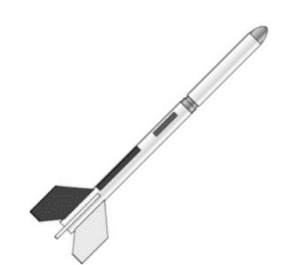
Edinburgh / Seoul, 22 June 2022. – South Korea’s domestic KSLV-2 rocket developed by the Korean Aerospace Research Institute (KARI), successfully deployed a performance test satellite into low Earth orbit for the first time during its second flight. The spacecraft will put four smaller satellites into orbit in the next few days. The launch success came 29 years after the country launched its first sounding rocket, the KSR-I in 1993.
The three-stage, 47.2-meter rocket’s first-stage was powered by four KRE-075 engines, while the second stage had only one of these engines. Last year’s maiden flight was a partial success when the vehicle reached the intended altitude, but its third-stage engine shut down prematurely. Then, KARI identified the problem as an issue with the upper stage’s improperly anchored helium tanks.
The original date of KSLV-2’s second launch had to be moved due to strong winds. Later, the launch was further delayed when engineers found a problem with a sensor of the first stage’s oxidizer tank.
The development of the KSLV-2 launch vehicle cost approximately US $1.6 billion and is part of the country’s ambitious space program. South Korea is planning four more KSLV-2 launches by 2027 and the launch of a robotic lunar lander by 2030.





